In the ever-evolving landscape of British business, some companies have weathered storms, while others have found themselves drifting far from their original charted courses. From iconic brands that have lost their lustre to industry titans that have veered off track, here’s a countdown of 18 British companies which are decidedly not what they used to be.
18. Woolworths
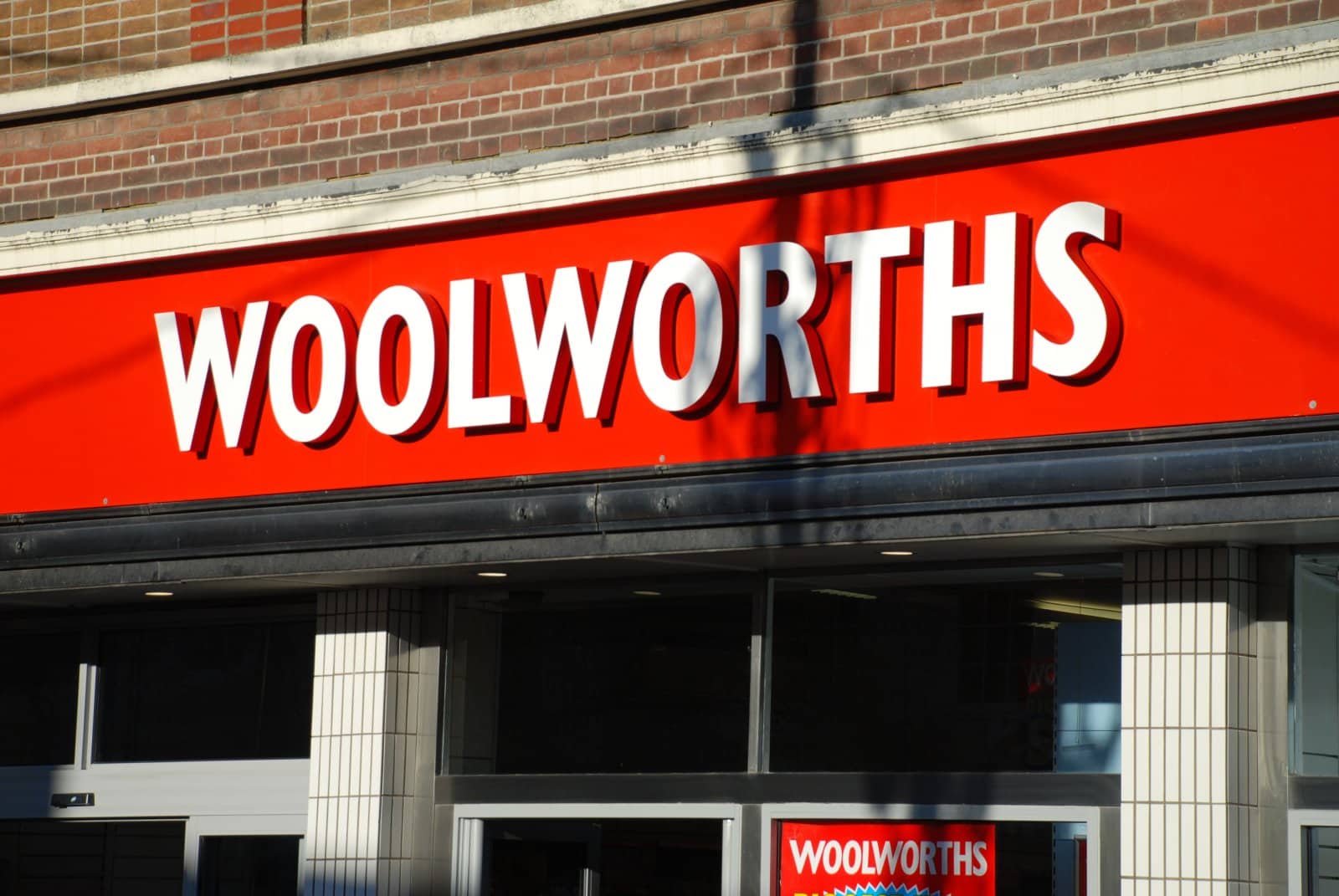
Once a high street staple, Woolworths’ fall from grace was a shock to the British shopping public. Its transition from a beloved retailer to a memory marks a poignant chapter in the tale of retail evolution.
17. British Leyland
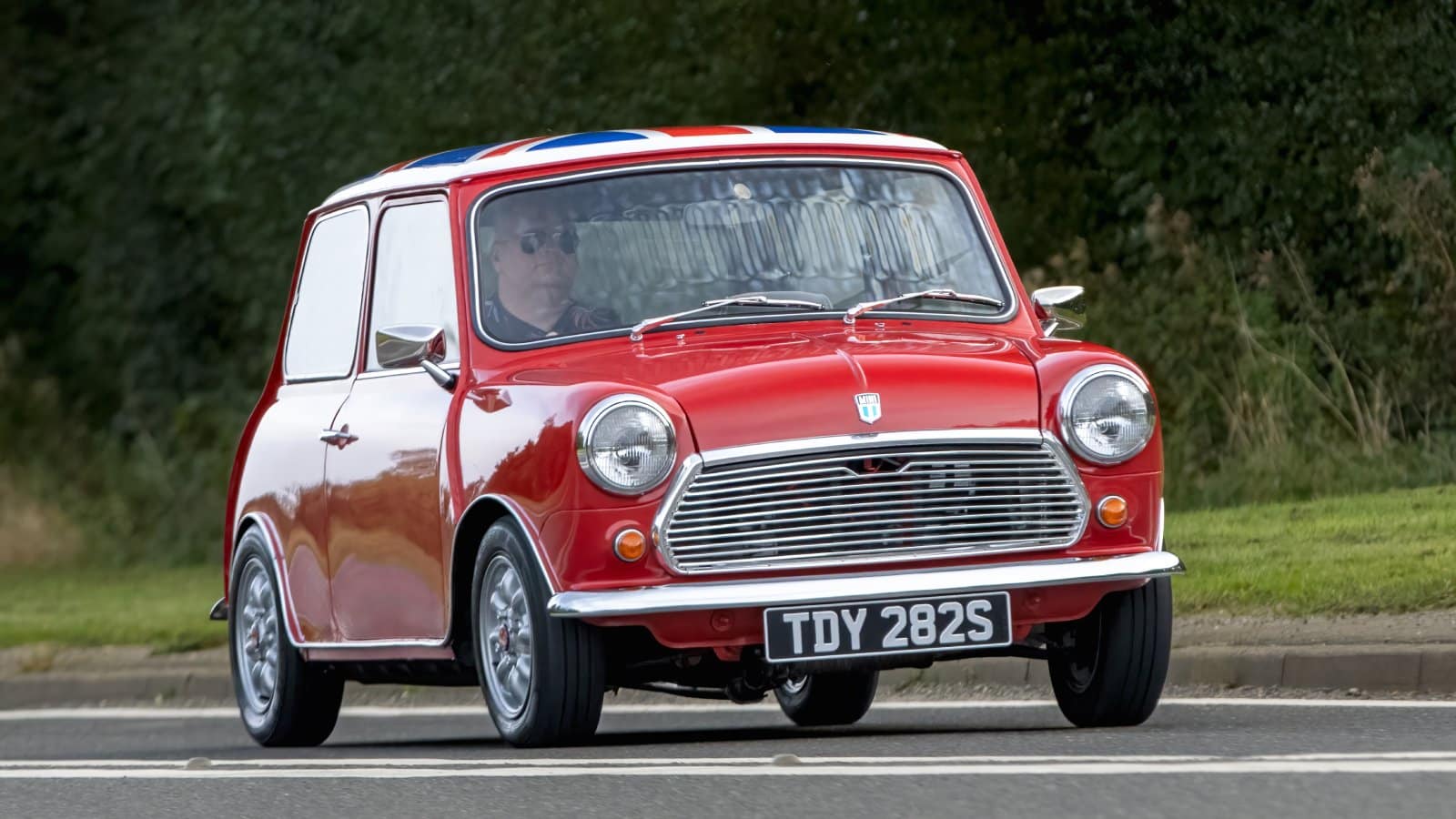
A titan of the British automotive industry, British Leyland’s journey from powerhouse to historical footnote encapsulates the trials faced by the sector over the decades, struggling with quality issues and competition.
16. BHS (British Home Stores)

BHS’s collapse was not just the end of a retailer but the close of a chapter for British high streets. Its decline from a household name to bankruptcy left a void in shopping districts and hearts alike.
15. Blockbuster UK
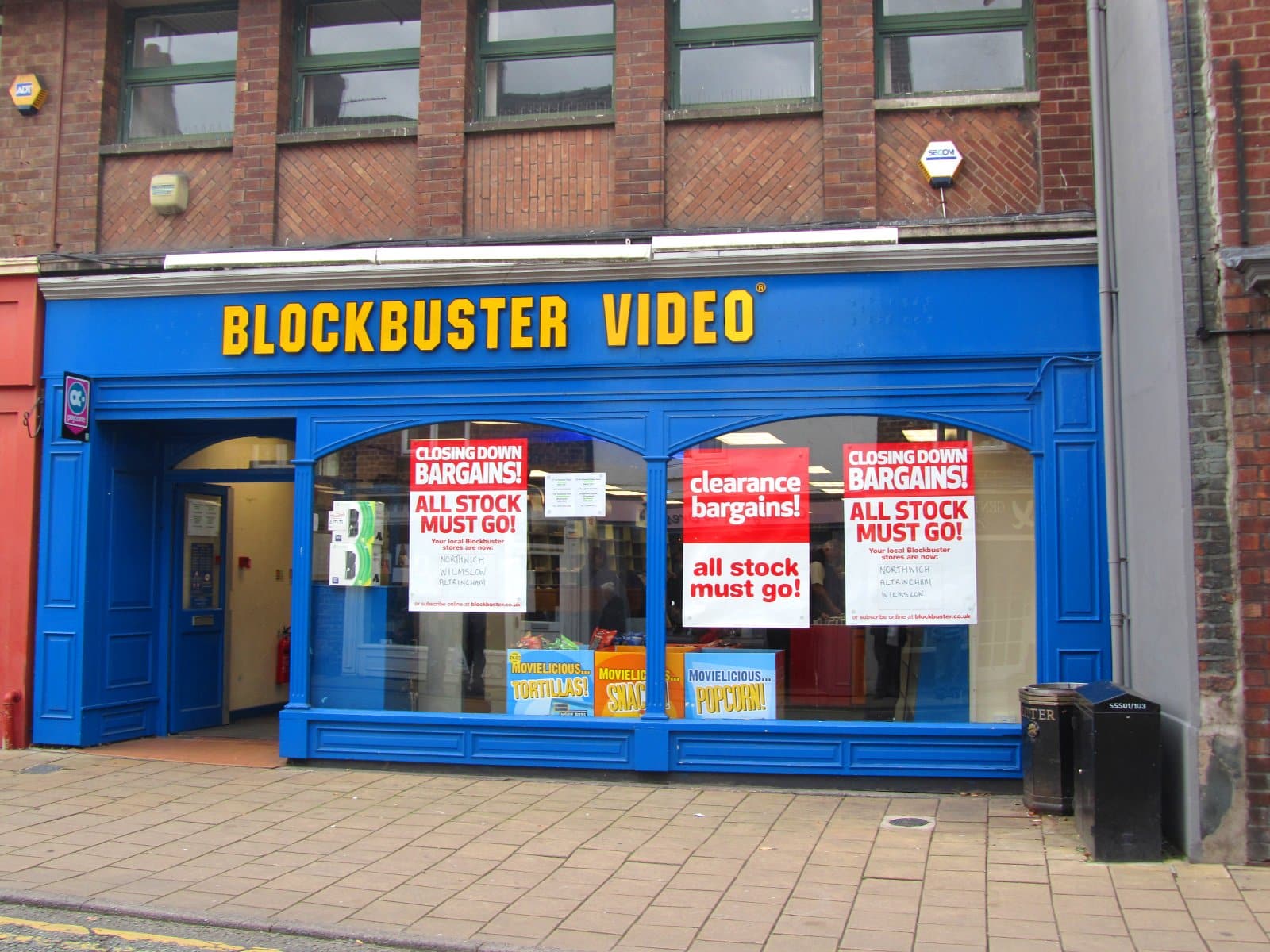
In the age of streaming, Blockbuster UK’s fall seems inevitable in hindsight. Once the go-to for film enthusiasts, its decline mirrors the shift in how we consume media, from physical rentals to digital ubiquity.
14. Comet
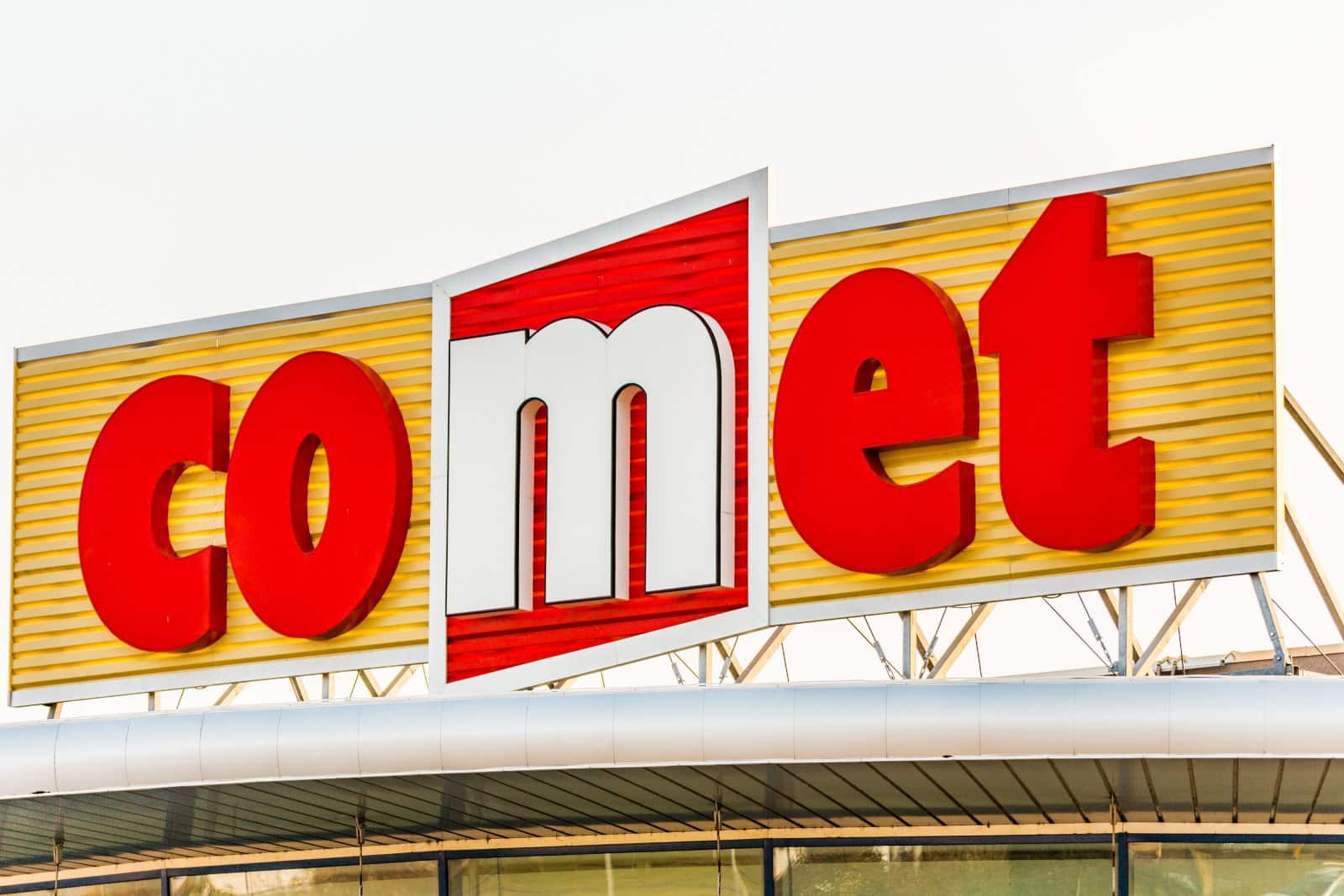
Comet’s journey from leading electrical retailer to closure is a tale of changing consumer habits and the brutal realities of retail competition, unable to adapt quickly enough to the online shopping surge.
13. Thomas Cook
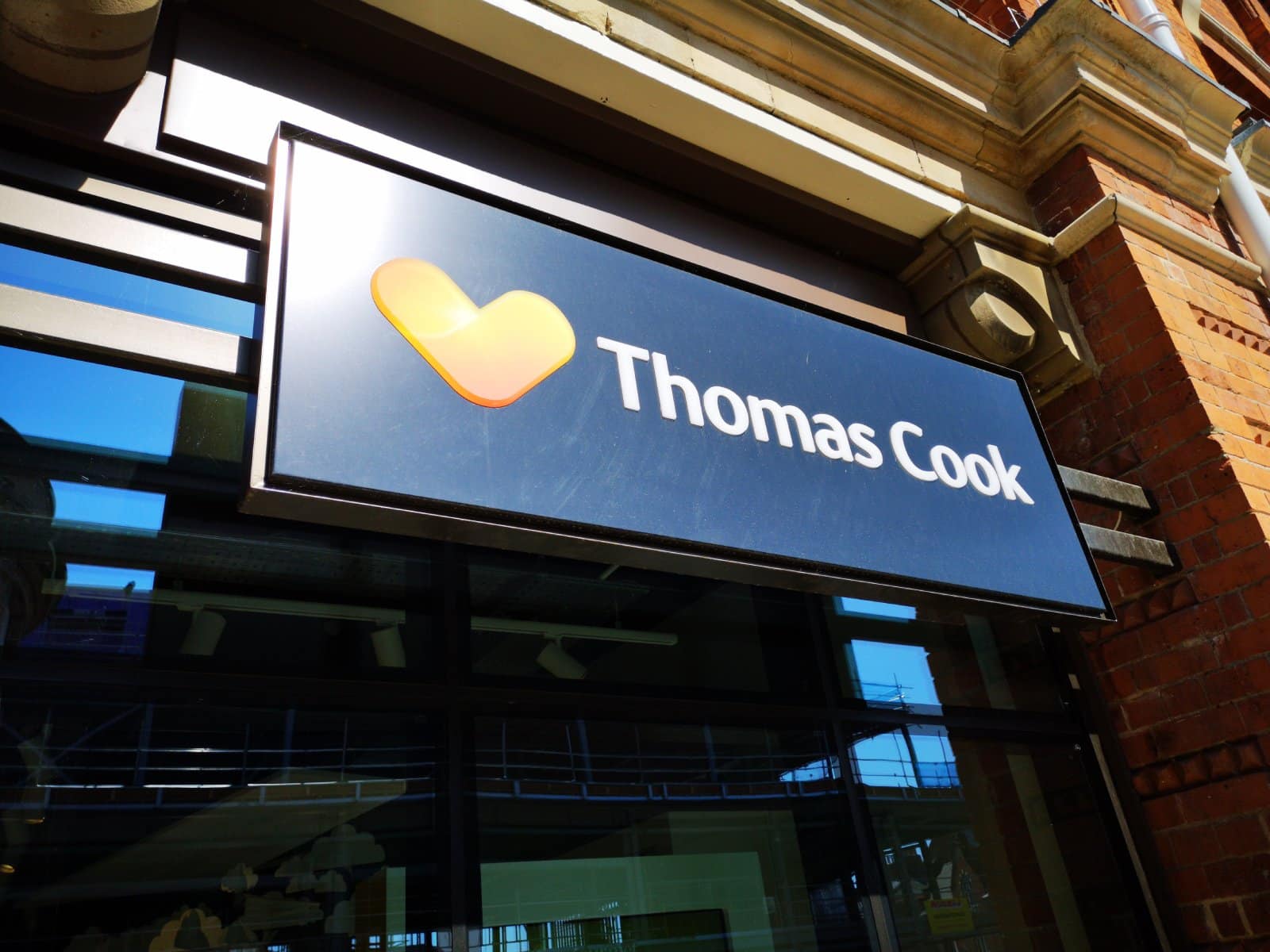
A pioneer in travel, Thomas Cook’s sudden collapse sent shockwaves through the industry, marking a dramatic shift in how we book holidays, from high street agencies to online platforms.
12. Debenhams
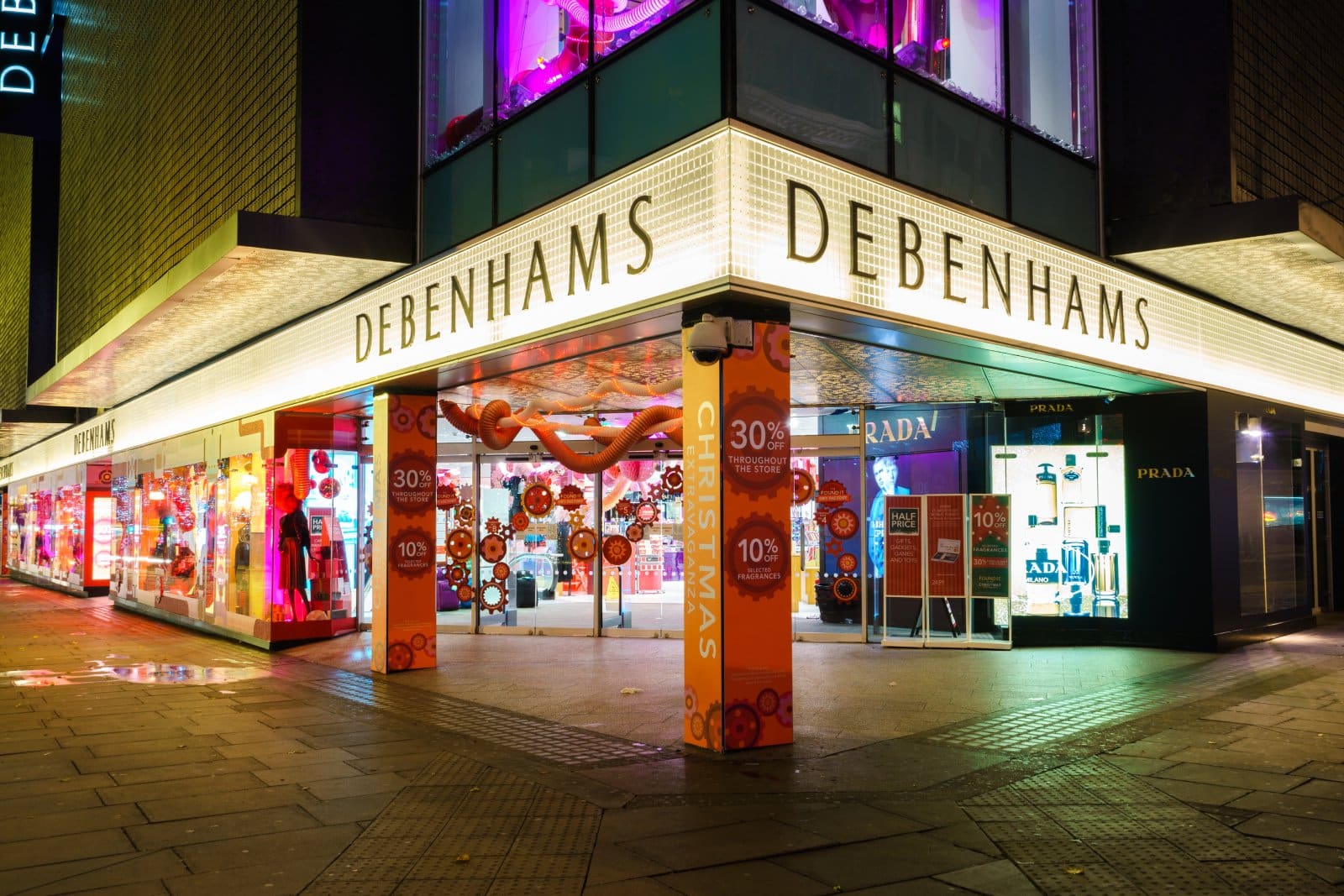
Debenhams, once a cornerstone of shopping precincts across the UK, faced a long battle against declining sales and relevance, ultimately succumbing to the retail apocalypse and shifting online trends.
11. HMV
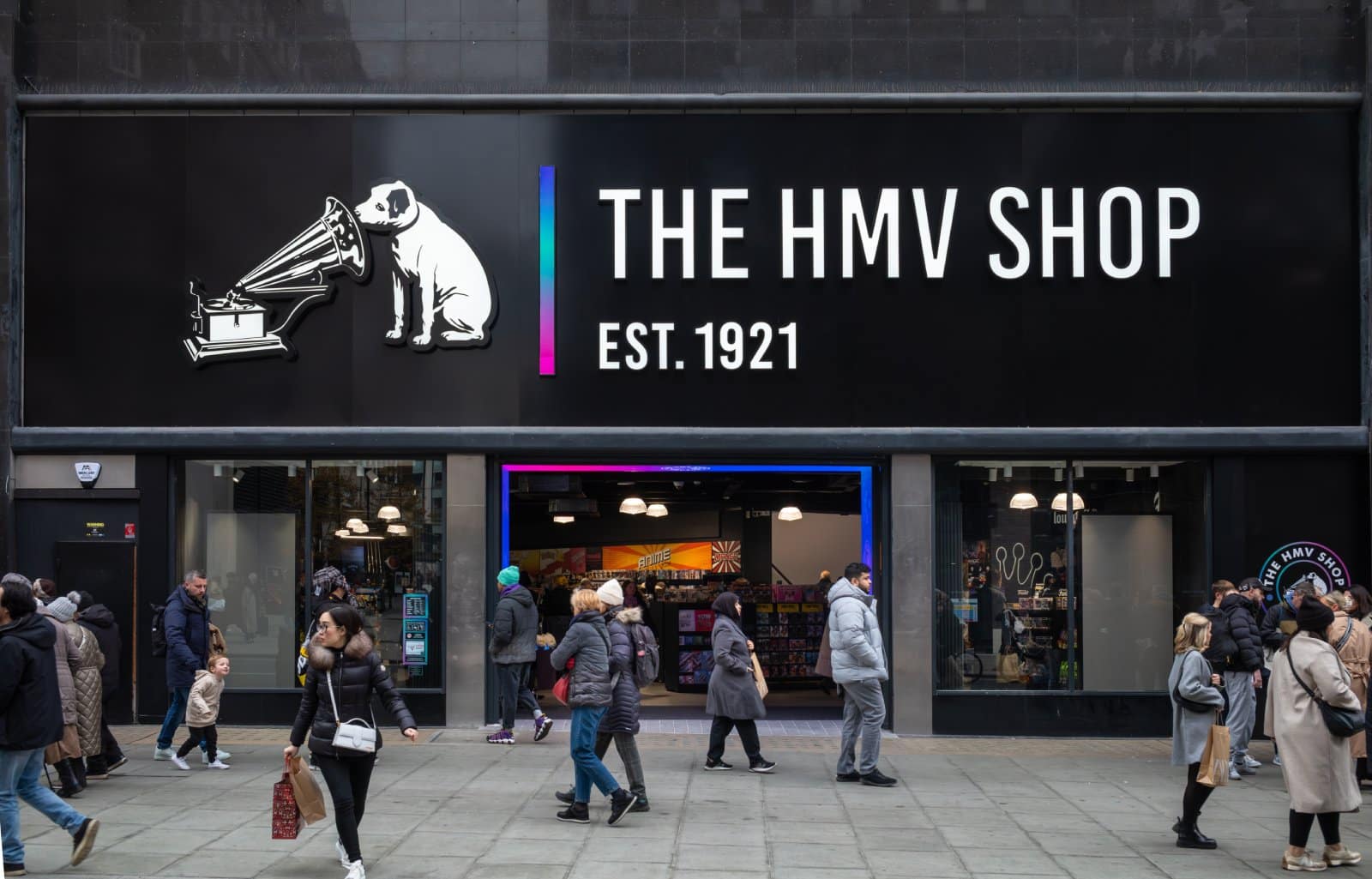
The rise of digital music and streaming services turned HMV’s once-thriving business model on its head, leading to a struggle for survival in a drastically changed marketplace.
10. House of Fraser
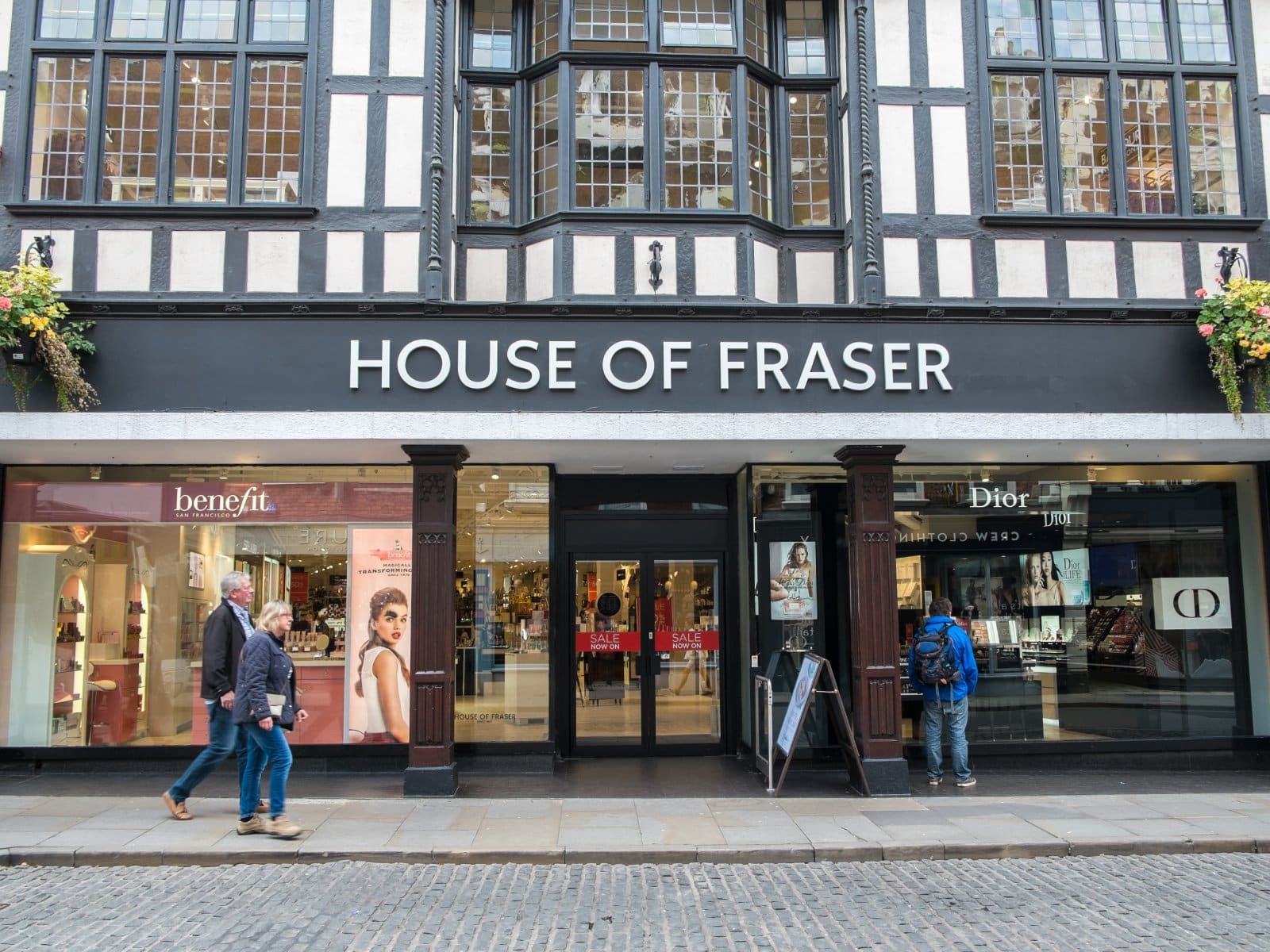
House of Fraser’s decline from a luxury department store to financial instability reflects broader challenges in retail, battling online competitors and changing consumer preferences.
9. Mothercare
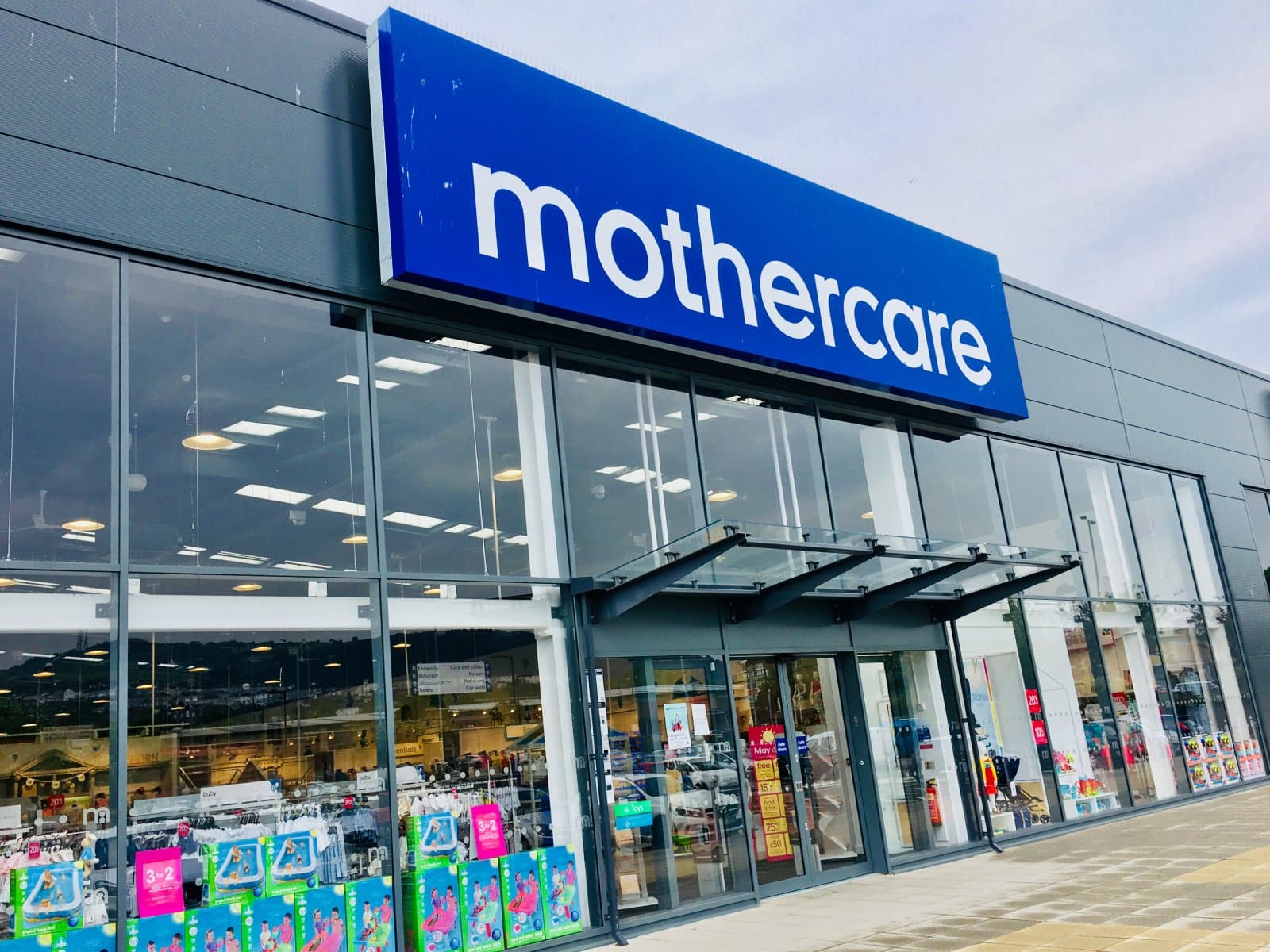
Once the go-to retailer for parents, Mothercare’s fall into administration highlights the intense pressures of modern retail, unable to compete with online giants and niche markets.
8. Flybe
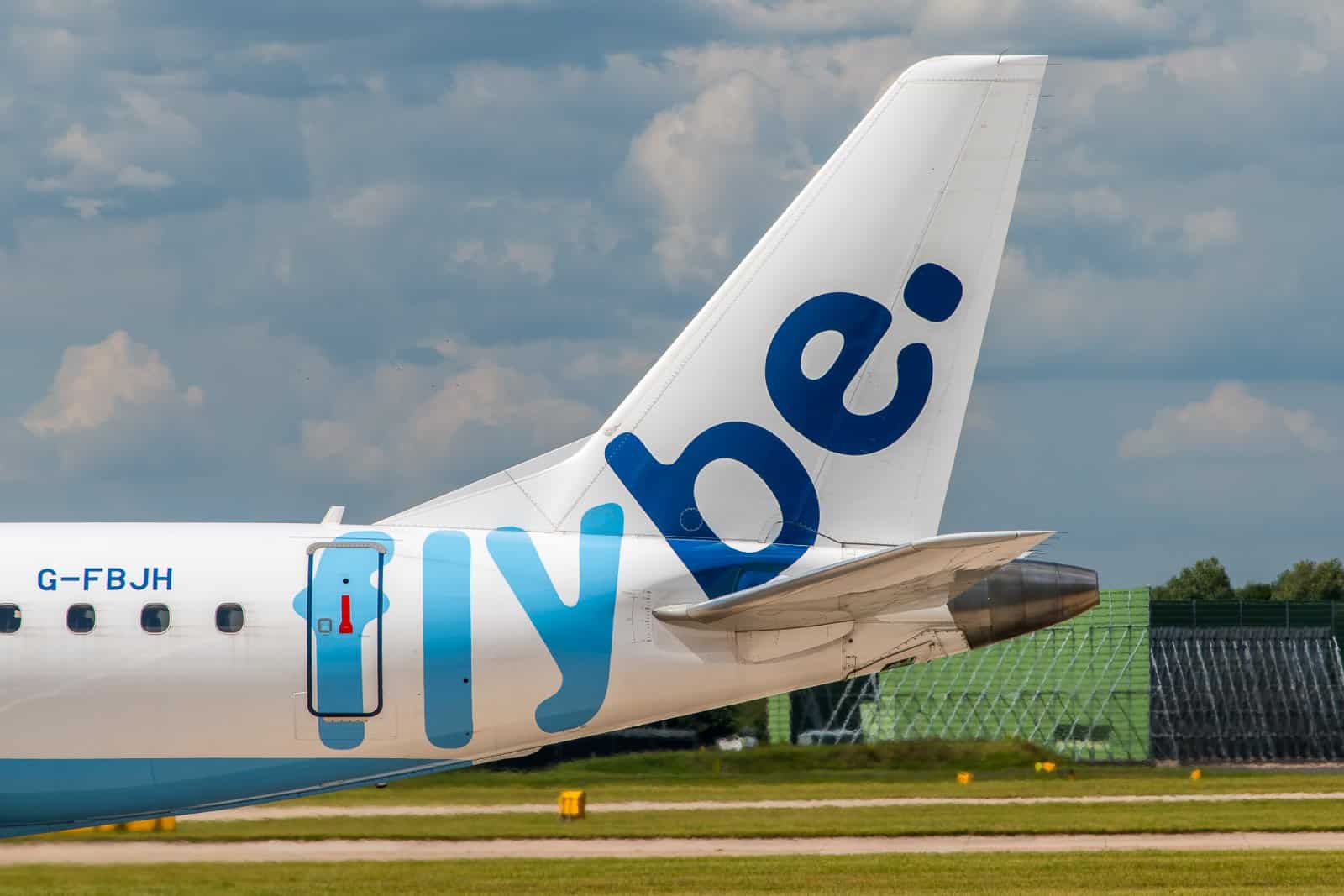
Flybe’s collapse underlines the precarious nature of the airline industry, with thin margins and fierce competition pushing the regional carrier out of the skies.
7. Jessops
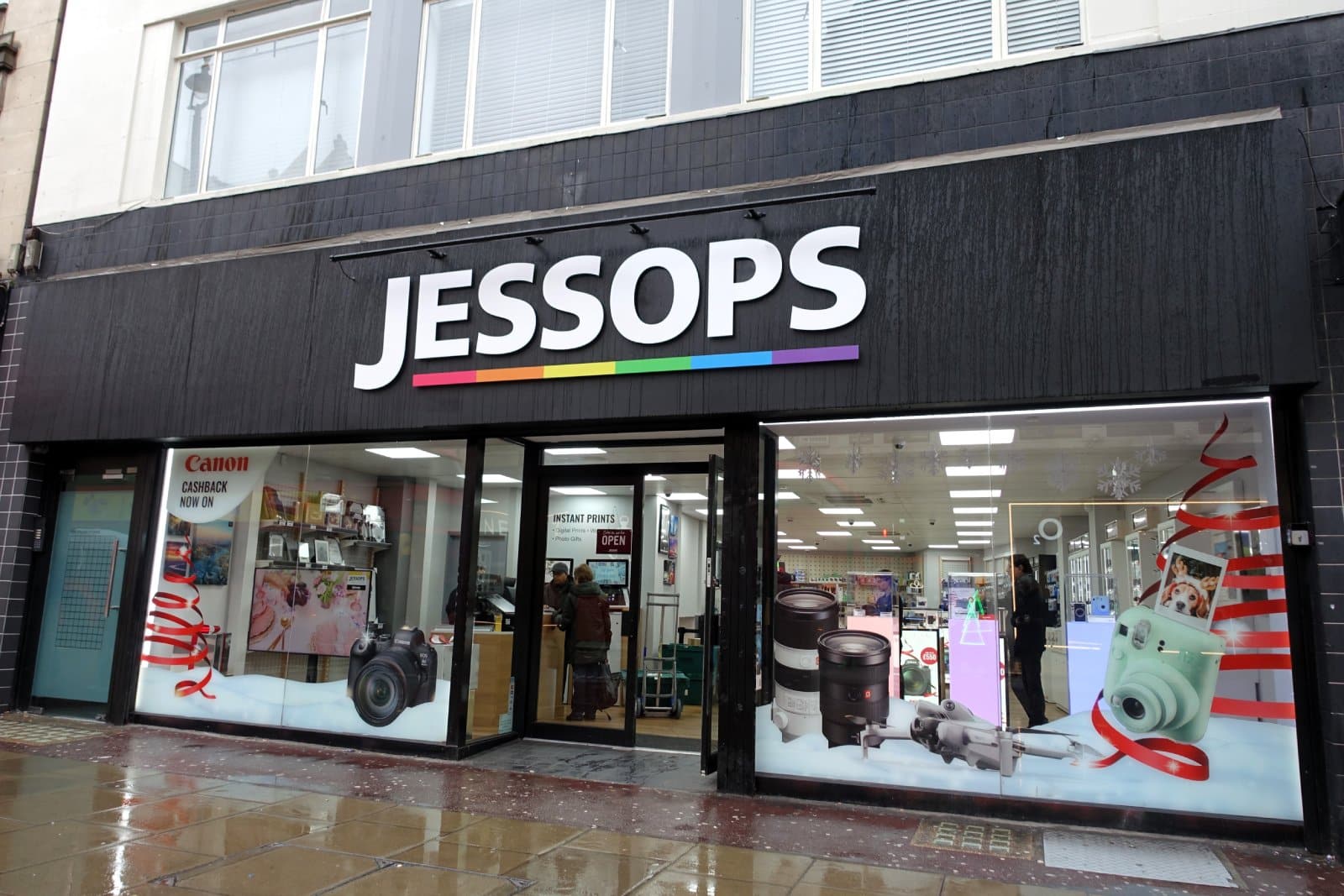
Jessops’ difficulties in the digital photography age showcase the challenges faced by traditional retailers, as smartphones and online shopping transformed the landscape.
6. Poundworld
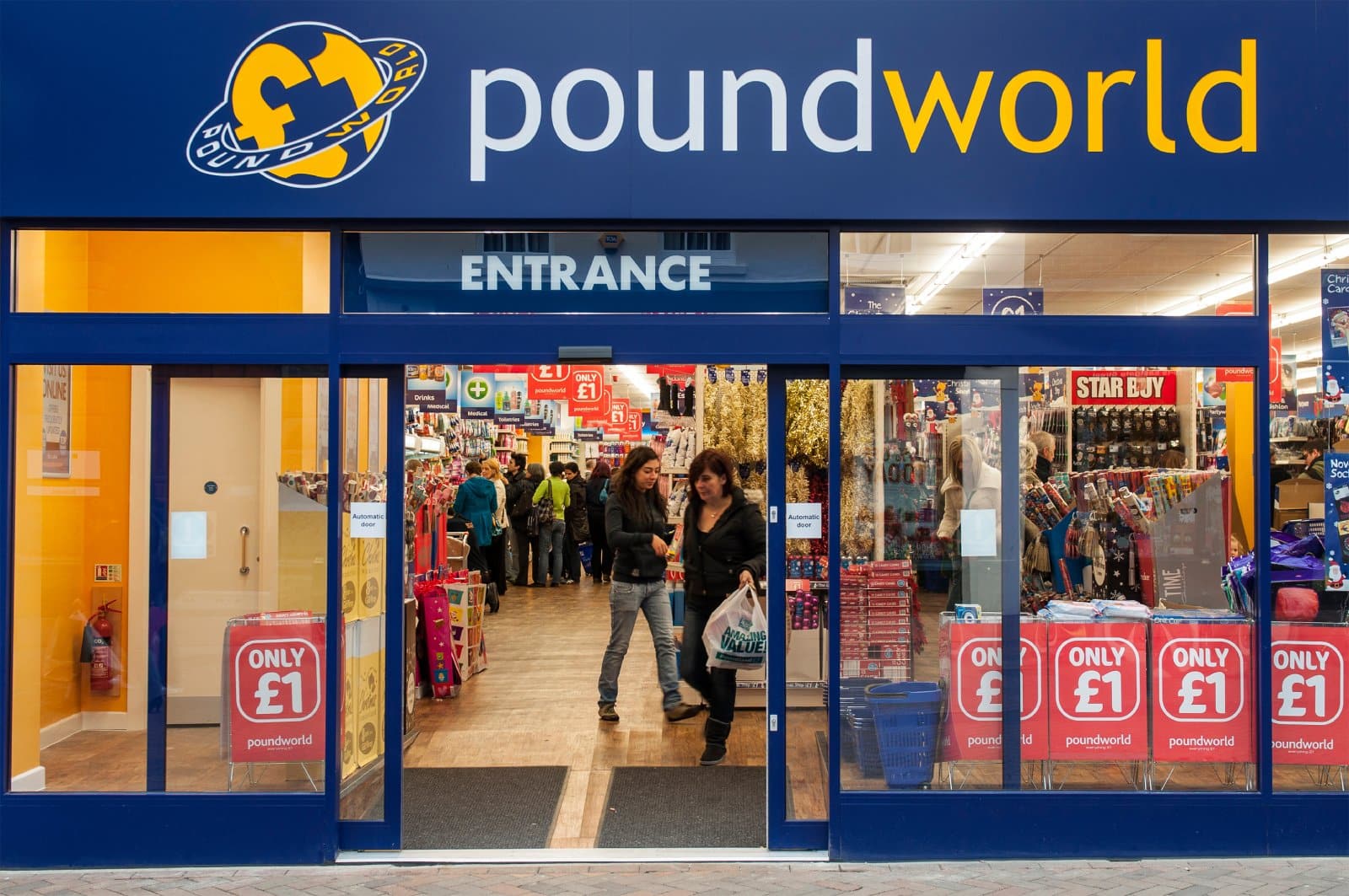
The rise and fall of Poundworld in the competitive discount retail market is a stark reminder of the thin lines between success and failure in the sector, succumbing to debt and rising costs.
5. Maplin
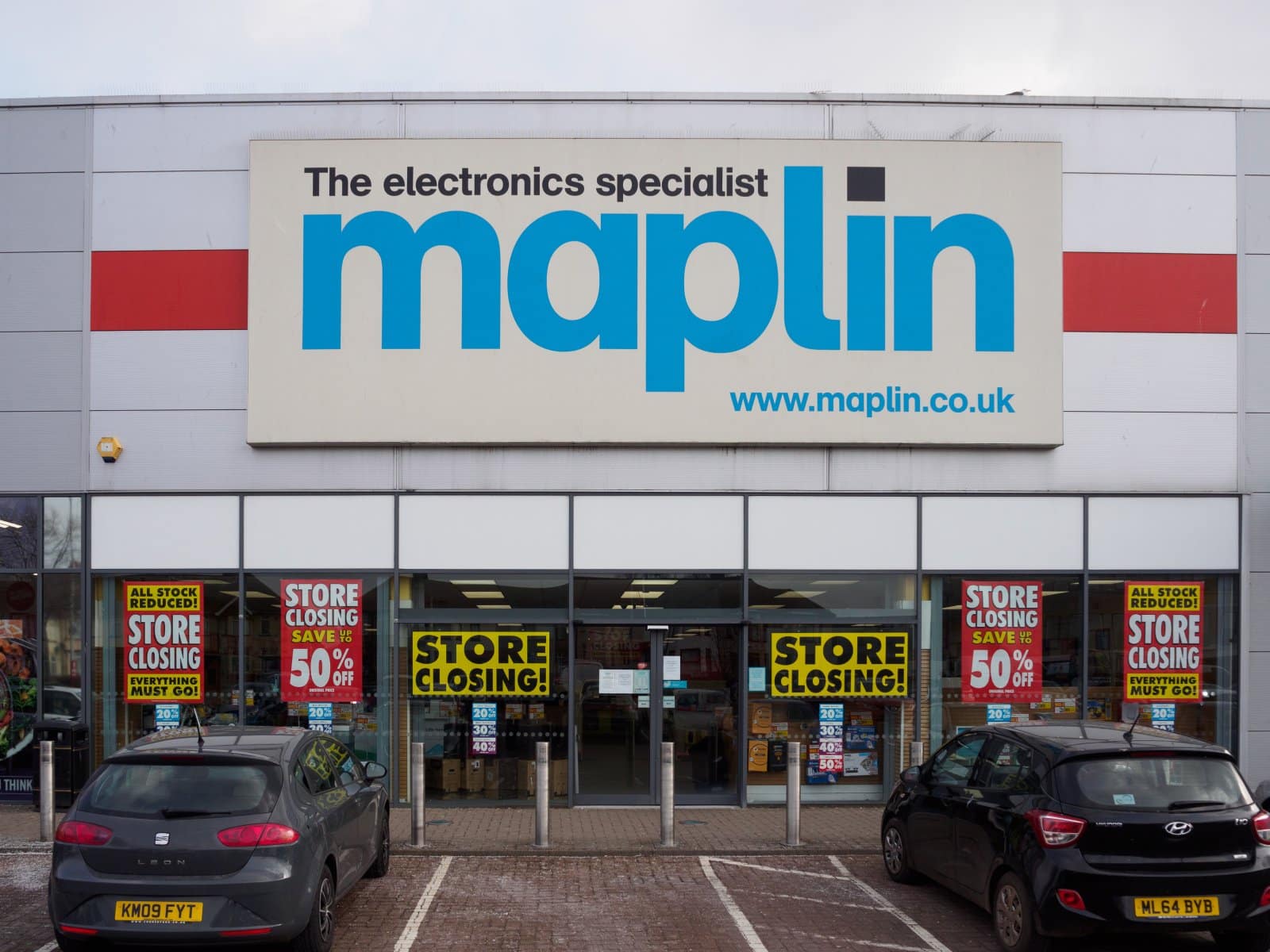
Maplin’s journey from a beloved electronics store to bankruptcy reflects the challenges of competing with online retailers and evolving consumer electronics trends.
4. Jaeger
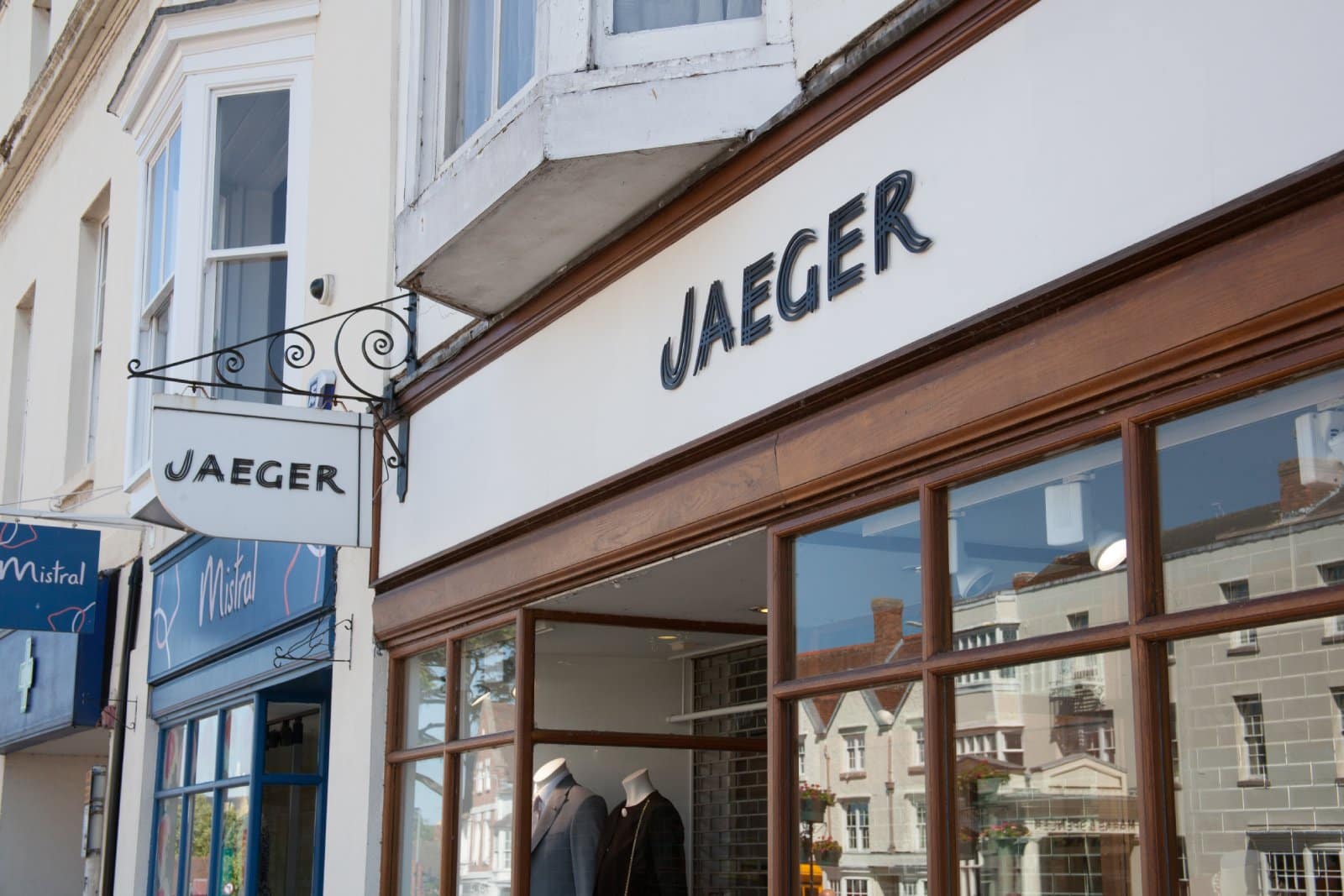
Once synonymous with British elegance, Jaeger’s struggles culminate in a tale of changing fashion landscapes and the search for identity in a fast-paced industry.
3. British Steel

The saga of British Steel, from industrial giant to its recent troubles, underscores the challenges facing traditional manufacturing in the UK amidst global competition and economic shifts.
2. Carillion

Carillion’s collapse sent shockwaves through the construction industry and beyond, illustrating the dangers of rapid expansion and questionable management in the sector.
1. Marks & Spencer
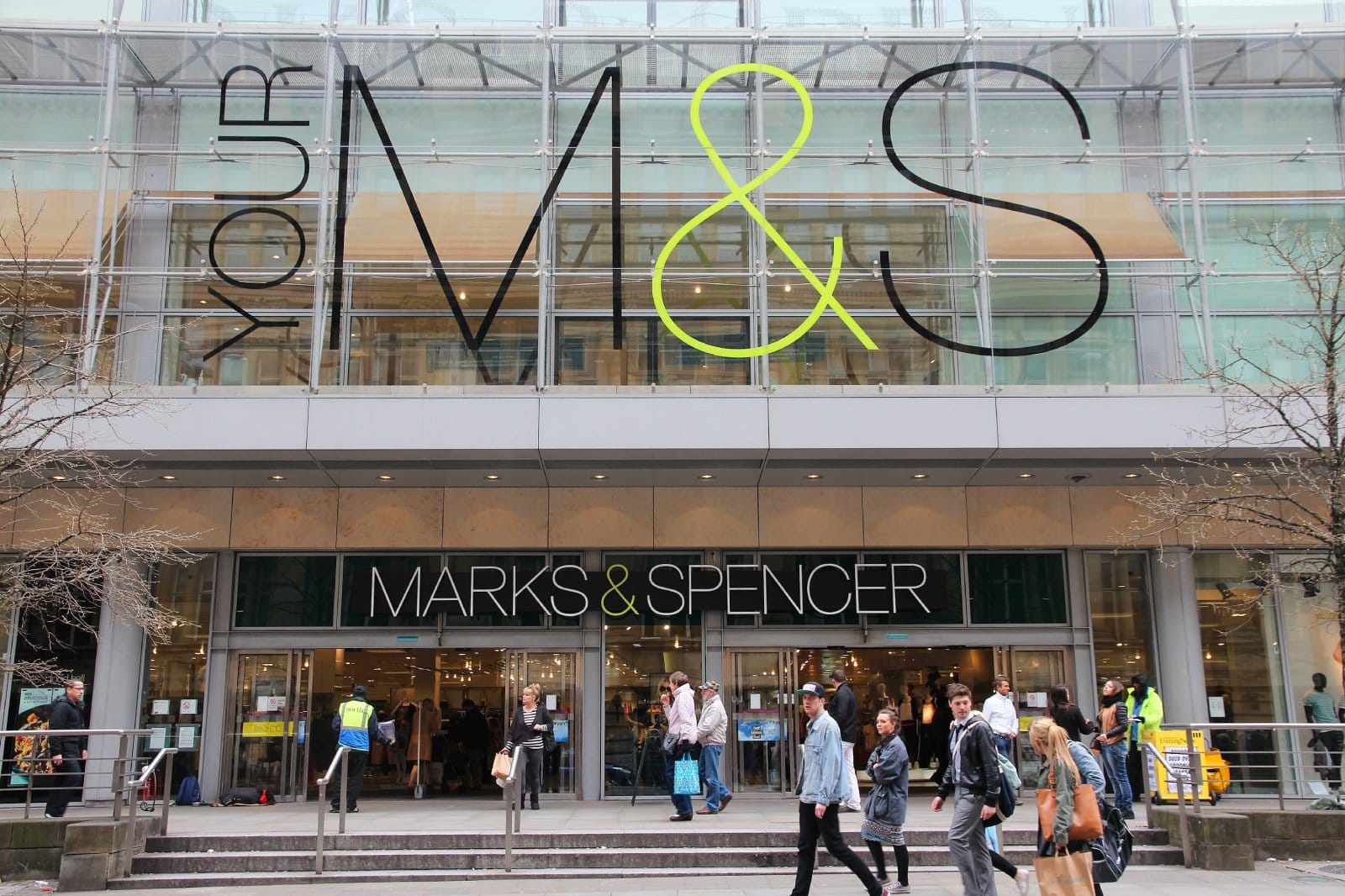
While still a fixture on high streets, Marks & Spencer’s journey from retail titan to fighting for relevance is emblematic of the seismic shifts in shopping habits and the challenges of staying ahead in a fast-evolving market.
Times Change

These 18 companies illustrate the relentless pace of change in business, where adaptation is key, and even giants can falter. Their stories serve as reminders of the volatile nature of commerce and the continuous evolution required to stay afloat in Britain’s dynamic market landscape.
The post 18 British Firms Fading in the Current Business Landscape first appeared on Lists Lovers.
Featured Image Credit: Shutterstock / Pajor Pawel.
For transparency, this content was partly developed with AI assistance and carefully curated by an experienced editor to be informative and ensure accuracy.

